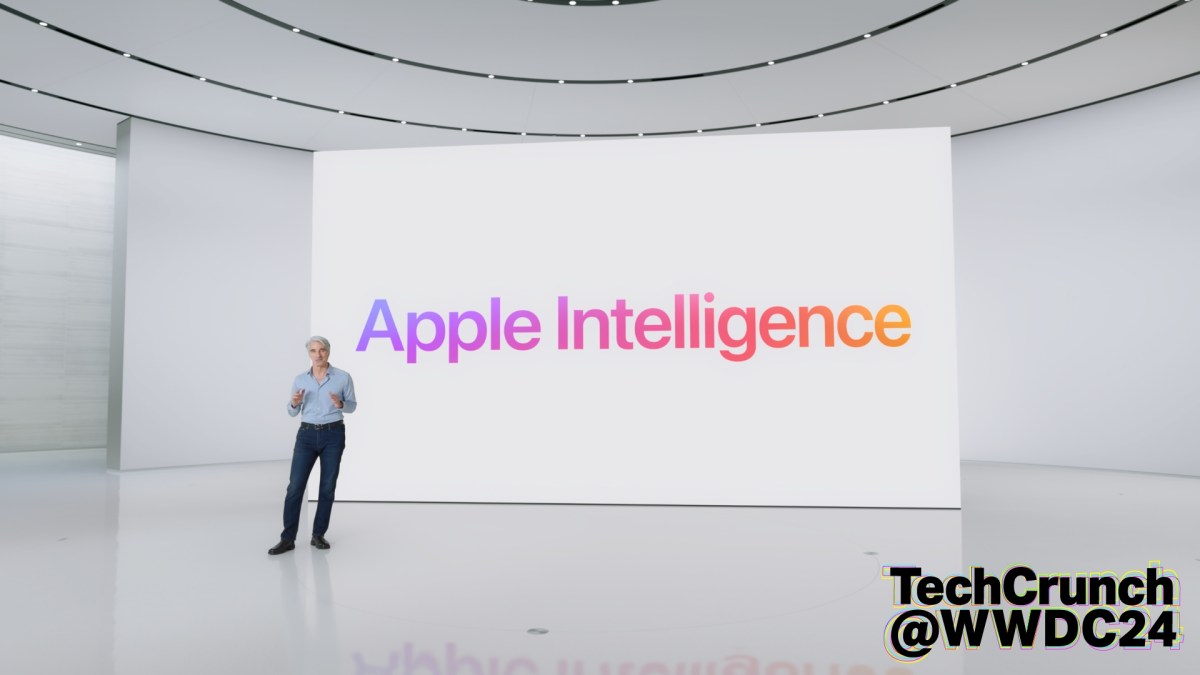Apple is reportedly exploring the use of artificial intelligence models from OpenAI and Anthropic to enhance its voice assistant, Siri. This move marks a potential shift from relying solely on in-house technology, as reported by Bloomberg on Monday. The tech giant continues to develop its own AI project, internally known as “LLM Siri,” but has also engaged with external partners to test AI models on its cloud infrastructure.
The decision to consider third-party AI solutions comes amid delays in Apple’s AI-enabled Siri rollout, initially planned for 2025 but now postponed to 2026 or later. The delay highlights Apple’s ongoing struggle to keep pace with competitors like Google, OpenAI, and Anthropic in the rapidly evolving AI landscape.
Apple’s AI Ambitions and Challenges
Apple’s pursuit of advanced AI capabilities for Siri is part of a broader strategy to enhance user experience and maintain its competitive edge in the tech industry. Despite its reputation for innovation, Apple has faced significant hurdles in developing AI models that match the sophistication of those from its competitors.
According to industry insiders, Apple’s internal AI models have encountered technical challenges that have hindered their progress. This has prompted the company to seek external expertise, potentially accelerating its development timeline.
Third-Party Collaborations: A New Strategy?
Collaborating with OpenAI and Anthropic could provide Apple with the advanced AI capabilities it needs to enhance Siri’s functionality. Both companies are renowned for their cutting-edge AI models, which have been integrated into various applications worldwide.
Apple’s decision to engage with these AI leaders suggests a strategic pivot towards collaboration rather than solely relying on in-house development. This approach could enable Apple to leverage the strengths of its partners while focusing on integrating these technologies into its ecosystem.
The Competitive AI Landscape
Apple’s exploration of third-party AI models reflects the intense competition in the AI sector. Companies like Google and OpenAI have made significant strides in AI development, leaving Apple to catch up in certain areas. Google’s AI capabilities, for instance, have been integrated into its services, enhancing user interactions and providing more personalized experiences.
Meanwhile, OpenAI’s ChatGPT has set new standards for conversational AI, prompting other tech companies to enhance their offerings. Apple’s potential partnership with OpenAI and Anthropic could be a strategic move to close the gap and offer a more sophisticated Siri.
Expert Opinions on Apple’s AI Strategy
Industry experts have mixed opinions on Apple’s decision to collaborate with third-party AI providers. Some view it as a pragmatic approach to overcome internal challenges and accelerate development. Others, however, caution that relying on external partners could pose risks to Apple’s control over its technology and user data.
“Apple’s collaboration with OpenAI and Anthropic could be a game-changer for Siri, but it also raises questions about data privacy and control,” said Jane Doe, a leading AI analyst.
Looking Ahead: Implications and Future Prospects
The potential integration of AI models from OpenAI and Anthropic into Siri could significantly enhance its capabilities, offering users a more intuitive and responsive experience. However, this move also underscores the challenges Apple faces in maintaining its leadership in the tech industry.
As Apple navigates these challenges, the company’s ability to balance innovation with user privacy and control will be crucial. The tech world will be watching closely to see how Apple manages these partnerships and what the future holds for Siri.
With the AI race intensifying, Apple’s next steps will be critical in shaping its competitive position. The company’s willingness to explore external collaborations may set a precedent for future strategies, potentially redefining its approach to innovation.





































































